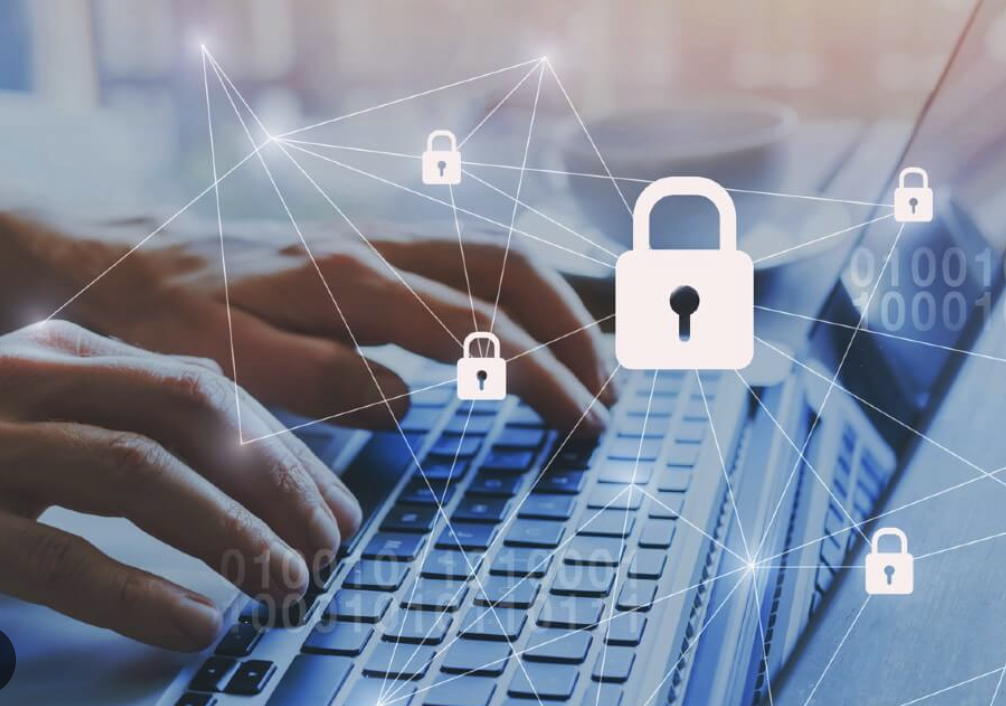
Running a small business is exciting but it can also feel like a tightrope walk sometimes. You’re juggling clients, projects, and finances, all while keeping an eye out for new opportunities. But there’s one ever-present threat that can bring your whole operation crashing down: information security vulnerabilities.
Small businesses are in the crosshairs when it comes to information security! Hackers know you might not have the same robust defenses as larger companies. A successful attack could steal your customer data, disrupt your operations, and damage your reputation.
That’s why information security, also known as data security or cybersecurity, is no longer an optional extra for small businesses. It’s a critical investment in your company’s future.
The good news? You don’t need a team of IT specialists to keep your data secure. There are a number of powerful cybersecurity tools available that are specifically designed for small business information security.
Information Security Tools
Here are the top 8 must-haves to fortify your defenses and ensure your information security:
1. Your Core Service Providers’ Security Features
Many popular business platforms like Google Workspace or Microsoft 365 come packed with built-in security features. These can include two-factor authentication, data encryption, and spam filtering.
Don’t underestimate the power of these tools! Take advantage of what your core service providers already offer and you’ll have a strong foundation for data security.
2. Anti-malware and Antivirus Software
Think of anti-malware and antivirus software as your digital security guards. They constantly scan your devices and network for malicious software (malware) and viruses that can steal information, damage files, or even hold your data hostage.
While these terms are sometimes used interchangeably, antivirus software focuses specifically on viruses, while anti-malware has a broader scope and can detect other threats. Installing these tools is a no-brainer for any small business.
3. Adware and Spyware Removal Tool
Adware and spyware are sneaky intruders that can infiltrate your systems without you even realizing it. Adware bombards you with unwanted ads, while spyware steals your browsing habits, passwords, and other sensitive information.
An adware and spyware removal tool is like a digital deep clean, scanning your devices and eliminating these unwelcome guests.
4. Password Manager
Let’s face it, remembering complex, unique passwords for every single online account is a challenge. But here’s the thing: weak passwords are like an open invitation for hackers.
A password manager securely stores all your passwords, generating strong, unique combinations for each account. Plus, it auto-fills login information, saving you time and frustration.
5. Secure File Sharing and Collaboration Tools
It’s no secret that collaboration is the new normal in the modern workplace. But sharing sensitive files with clients or colleagues can be a security minefield.
Secure file-sharing and collaboration tools encrypt your data in transit and at rest, ensuring that only authorized users can access it. This gives you peace of mind knowing your confidential information is protected, even if it leaves your network.
6. Firewalls and Network Security
A firewall acts as a security checkpoint for your network. It monitors incoming and outgoing traffic, blocking anything suspicious that tries to enter or leave your system.
Network security complements your firewall by offering additional layers of protection, such as intrusion detection and prevention systems (IDS/IPS) that can identify and stop malicious activity in real-time.
7. VPN
When you’re working on a public Wi-Fi network, your data is like an open book for anyone lurking nearby. A VPN (Virtual Private Network) encrypts your internet traffic, creating a secure tunnel between your device and the internet. This makes it virtually impossible for anyone to intercept your data, even on an unsecured network.
8. The Best Defense is to Educate Your Employees
You might be surprised, but the lack of employee training is often a blind spot in information security strategies for small businesses. Many cyberattacks exploit human error, such as falling for phishing scams or clicking on malicious links. Be sure to invest in cybersecurity awareness training for your employees. It can equip them with the knowledge they need to identify and avoid threats.
Building a secure information security system is just the first step. Cybersecurity is an ongoing process to ensure your defenses stay strong over time.
Use these essential tools and foster a culture of security awareness within your organization. This way, you can significantly reduce your risk of a cyberattack and sleep a little sounder at night, knowing your valuable data is safe.
